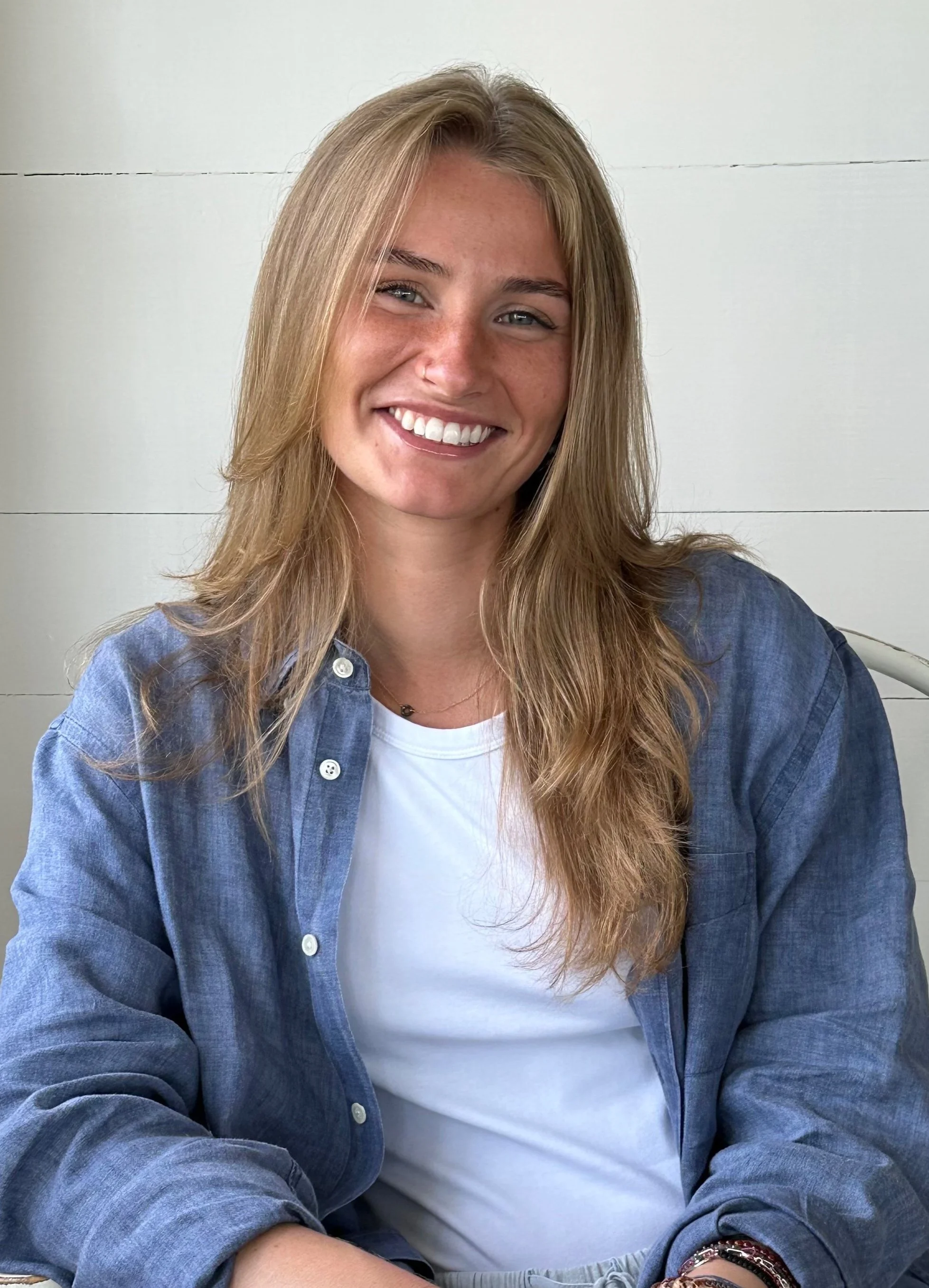Lindy Burke, Associate Therapist
Lindy believes that each client deserves to feel heard, respected, and empowered in their therapeutic experience. She understands that starting therapy can feel overwhelming. As soon as a client takes the brave step to reach out, Lindy encourages the client to feel comfortable to be their most authentic self.
SPECIALTIES:
anxiety
depression
eating disorders
couples
trauma
addiction
low self-esteem
Lindy brings creativity, empathy, and authenticity to her sessions. She believes in the power of a strong therapeutic alliance where the client can feel safe enough to explore their experiences that brought them to therapy. She helps clients get in their feelings and notice vulnerable emotions. Lindy understands the value of witnessing difficult emotions together in session.
Lindy believes that mental health is a basic need. Lindy helps clients unpack their beliefs about mental health and supports them in challenging those beliefs. She has witnessed the harmful effect of stigmas and judgment and instead believes in, and emphasizes, connection and positive self talk. Lindy knows therapy can be intimidating but prioritizes dismantling the power hierarchy in session and instead aims to support each client in becoming the confident narrator of their own story.
Lindy graduated from the University of Miami where she received her BA in Psychology and minored in Art and Education. She received her Masters of Social Work from the University of Southern California and is a Licensed Master of Social Work in the state of New York.
Lindy has extensive experience at the higher levels of care including residential treatment for eating disorder recovery. Her goal is to support each of her clients in feeling authentic and empowered by utilizing a mix of modalities such as Dialectic Behavior Therapy, Cognitive Processing Therapy, Motivational Interviewing, and Mindfulness. Lindy values kindness and curiosity and believes that each client deserves individualized treatment. She enjoys working with her clients to find creative approaches that work for them.
DO YOU FIND YOURSELF BEING YOUR OWN WORST CRITIC?
Through unpacking past experiences, we will work to identify where those criticisms originated and try to create a more positive brain space that can contribute to your happiness.

